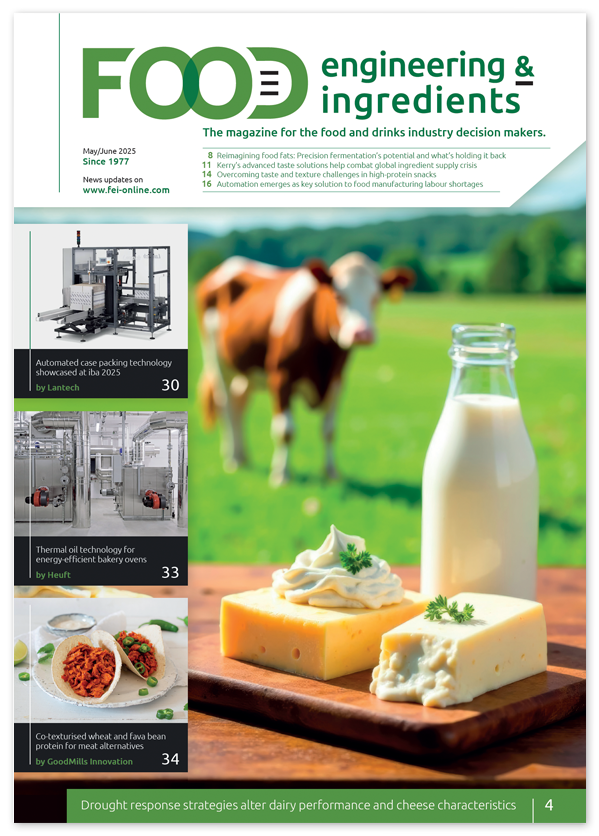Food safety concerns in the EU
The European Food Safety Authority (EFSA) has just released their latest study findings regarding food safety across the European Union. It builds on previous similar surveys in 2010 and 2019. Specifically, the current Euro-barometer survey aims to gauge Europeans’ perceptions of and attitudes towards food safety by exploring various themes, such as their interest in food-safety related topics that affect their food-related decisions and their levels of trust in the different actors in the farm-to-fork food chain, among others.
Across Europe, 54% of respondents said the cost of food is now the most important factor that affects their decision-making when buying food. Since 2019, the number of respondents citing this as the most important factor has increased by at least 10 percentage points in 21 European countries. Interestingly, taste was rated the second most important factor (51%), followed by food safety and food origin – both 46%.
They survey shows that the importance of food safety in food-purchasing decisions has declined somewhat across 23 EU countries since 2019, with Belgium, Germany and Portugal down 11%, Luxembourg down 14% and Malta, showing the largest decline, down 30%.
Although there has been a decline in the importance of food safety when consumers choose which food to purchase, awareness of food safety issues and personal interest in food safety remains high with 7 in 10 respondents saying the topic of food safety was important to them.
Top of the list of food safety-related concerns are pesticide residues in food (40%) and antibiotic, hormone or steroid residues in meat (39%). These are followed by additives like colours, preservatives or flavourings used in food or drinks (36%) and food poisoning from food or drinks contaminated by bacteria, viruses, and parasites (32%). Concerns about microplastics in food has increased since 2019 from 21% to 29% of respondents and, although still relatively small, concerns about and the use of new biotechnology in food production, such as genome editing, has also increased since 2019 from 4% to 8%.
Although there are concerns about food safety, the survey finds that most Europeans understand the way food safety is ensured in the EU – through scientific advice on food safety and EU regulations – and say that they take it for granted that the food sold is safe.
The survey provides a wealth of food safety data for all involved in the food industry – and for those working in the EU’s food safety system, they will be pleased to know that they ensure EU consumers are provided the safest food in the world.



